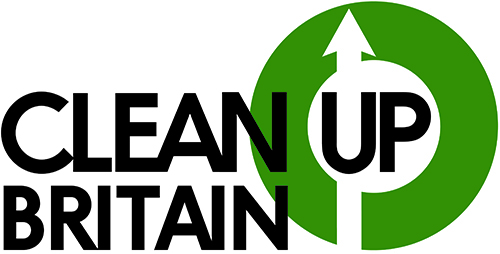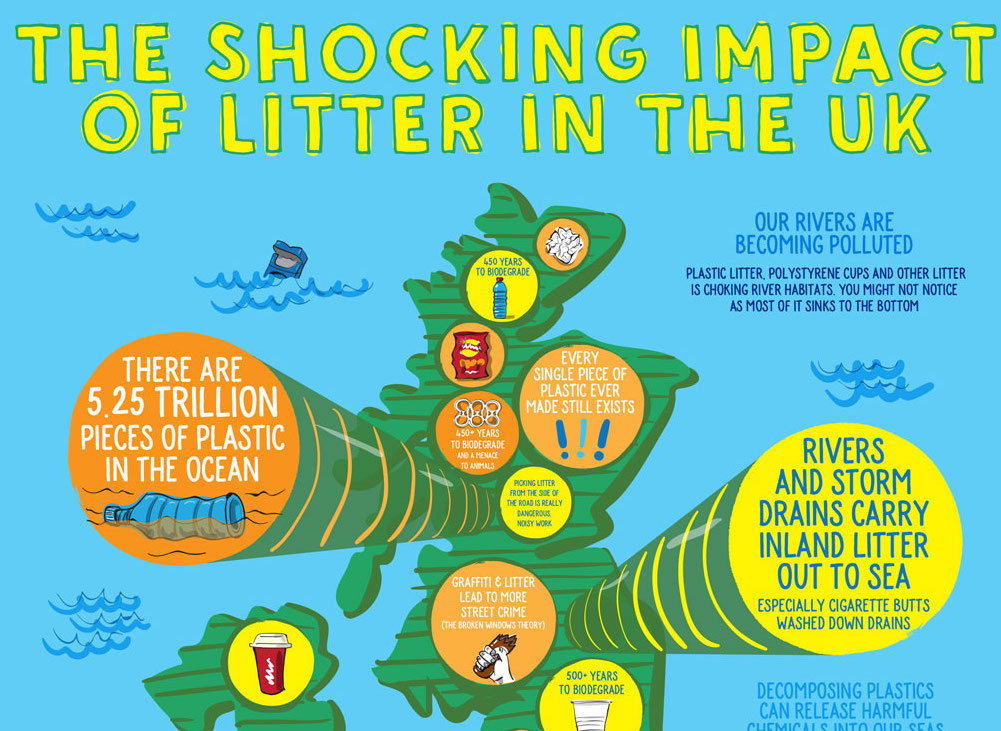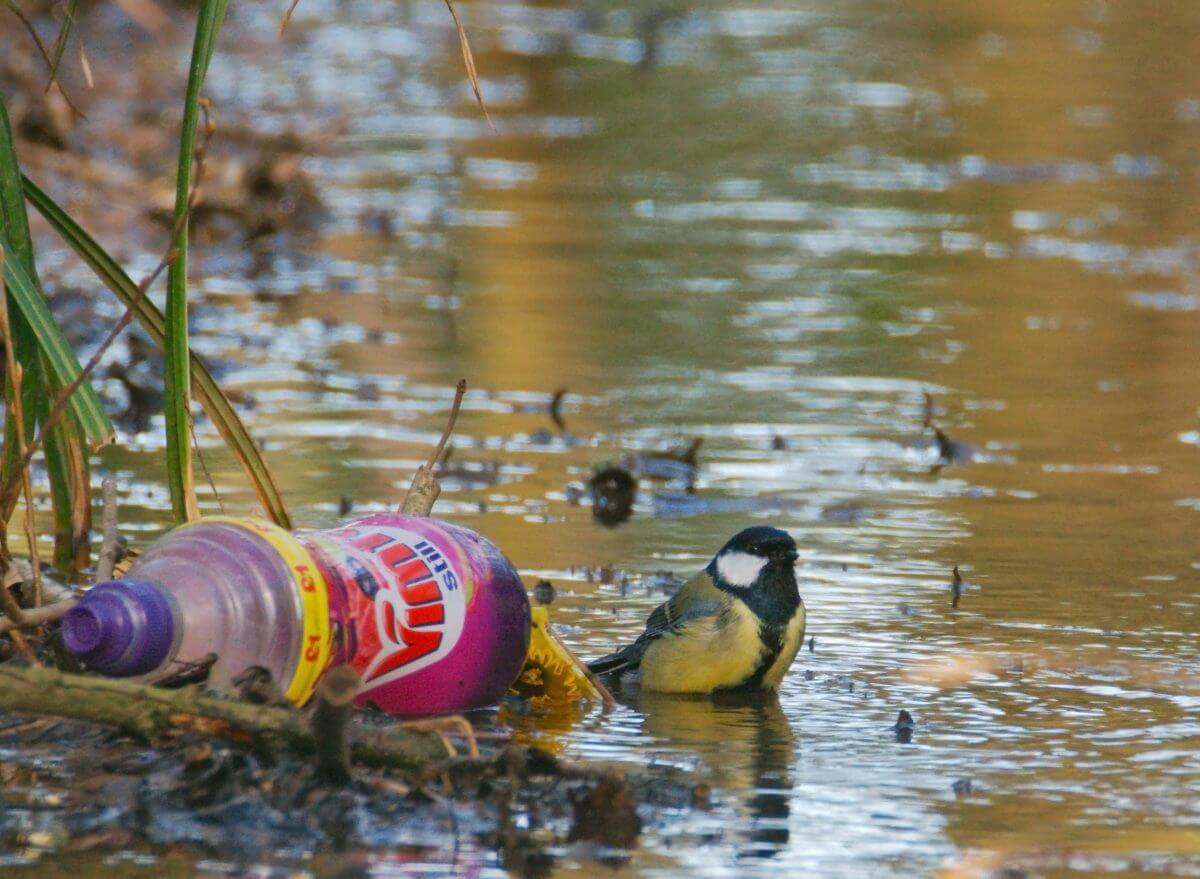Litter facts and stats – here’s some of the most insightful and depressing we’ve come across. Feel free to share!
In the UK, levels of litter have increased 500% in the last 50 years (1).
It costs the UK £1bn to clear litter EVERY YEAR (2). Money which could be spent on things to really benefit society. Think of the good it could do in our struggling NHS…
A poor-quality local environment can also have wider impacts on public health, including mental health problems such as anxiety and depression. On the flip side, living near good quality, accessible green space can improve mental and physical health (3).
Wildlife suffers the consequences, as do our pets. The RSPCA receive over 7,000 phone calls a year about animals who have eaten or been injured by litter (4). They think that the real number is much higher as most owners go straight to vets and many wild animals who suffer aren’t found.
Plastics, polystyrene cups and discarded packaging are choking river habitats but tend to be hidden at the bottom of the water so go unnoticed. Decomposing plastic can release toxic chemicals which are then passed through the food chain.
Rivers and storm drains carry inland litter out to sea. There are 5.25 trillion pieces of plastic debris in the ocean and 2,500 items of rubbish for every kilometre on our beaches (5).
An estimated eight million tonnes of plastic waste is added to the oceans every year and most plastic never biodegrades. It breaks down into smaller pieces known as micro-plastics. Large pieces can trap animals and smaller pieces are often eaten (6).
Litter thrown from cars causes accidents when people swerve to miss something flying towards their car, run over or hit something in the road. It’s estimated that the cost of accidents caused by litter in the UK is in the region of £8m (7).
Picking litter from the side of the road is a really dangerous job – people have been killed doing it. No-one would have to take the risk if other’s simply took their rubbish home. Some councils deem it too dangerous to clear verges on certain roads so it’s just left to build up.
Sources: 1 & 2: Local Government Association. 3: Ellway et al, 2009. 4: RSPCA. 5: Surfers Against Sewage. 6: University of California. 7: Highways England.


